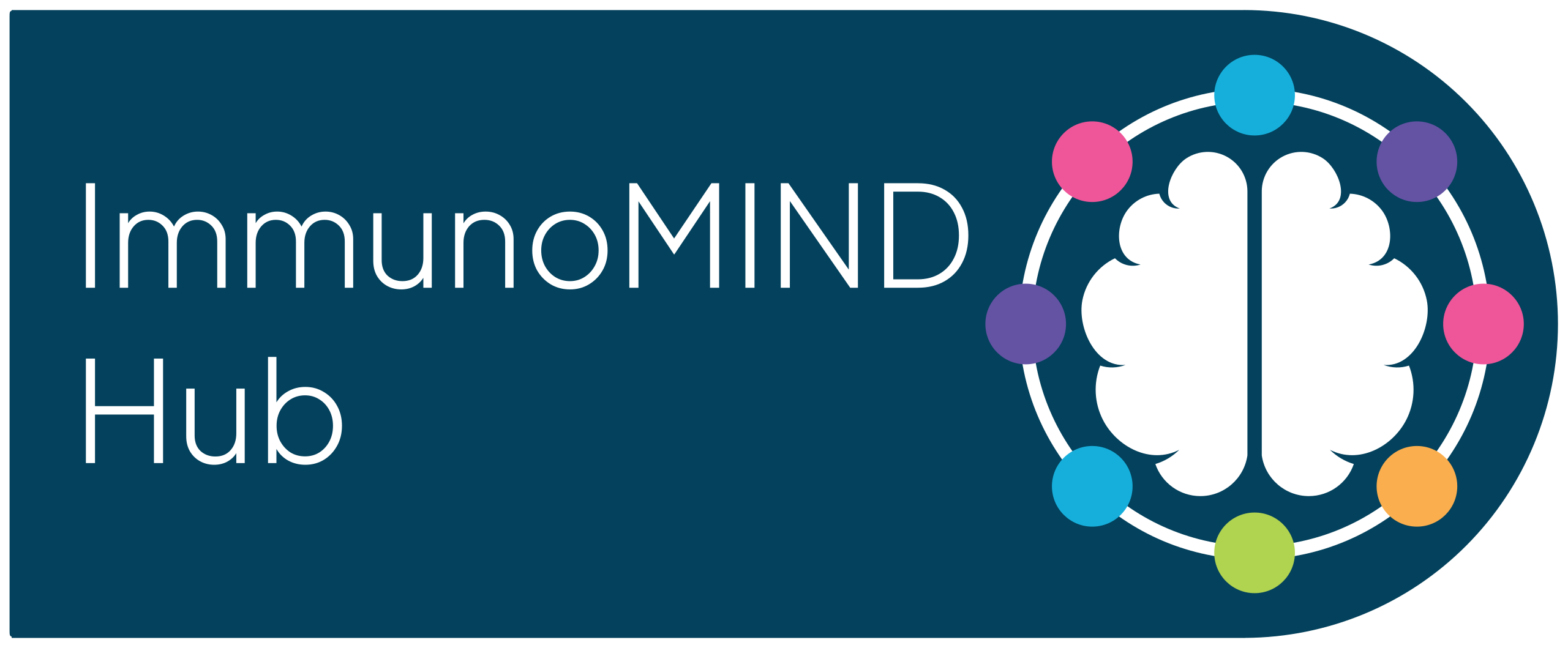University of Cambridge
ImmunoMind Hub
This hub, led by Professor Ed Bullmore at the University of Cambridge, aims to find causal pathways by which immune and metabolic factors lead to severe mental illness, as a basis for new, personalised therapeutics that are precisely matched to the patients most likely to benefit.
The Mental Health Platform
Coproduction Council
News Room
ImmunoMind Research Projects
TP2: Lifestyle Factors and Interventions
This project, led by Brenda Penninx and Yuri Milaneschi at Amsterdam UMC, aims to provide effective lifestyle management guidance on diet, sleep, and exercise for people with severe mental illness (SMI). Lifestyle factors can impact immune and metabolic health, but evidence supporting many recommended interventions is weak. In this project, an academic team will study the biological links between lifestyle factors and immune-metabolic pathways related to SMI, analysing large datasets to identify the most beneficial lifestyle changes. A team led by PWLE will research how accessible and acceptable these lifestyle changes are for individuals with SMI and how best to communicate this information. The findings will help create clear, evidence-based guidance on lifestyle changes to improve mental health for patients, carers, and clinicians.
TP3: Predicting Co-Morbidity
This project, led by Ben Perry at the University of Birmingham, aims to predict the cooccurrence of mental and physical health disorders in people with severe mental illness (SMI), who often face a shorter life expectancy due to these comorbidities. The project will expand on existing tools (PsyMetRiC and MOZART) that predict metabolic and cardiovascular risks in SMI patients. A team of scientists will enhance these predictive algorithms using extensive health record data, while a team of individuals with lived experience (PWLE) will identify the most challenging aspects of comorbidity and desired predictive information. Together, they will develop a co-produced predictive tool that is technically sound and meets patient needs, using data from UK and international sources. This tool will help SMI patients manage their health more effectively.
BI3: Digital Gameplay and Behaviour
This project, led by Paul Fletcher at the University of Cambridge, studies how immune and metabolic pathways affect thinking and behaviour in severe mental illness (SMI). It aims to improve traditional cognitive tests by using engaging video games to measure key traits like motivation and reward sensitivity. An online assessment will be conducted with about 1,000 early psychosis patients to find sub-groups with specific immune and metabolic profiles. Partnering with Microsoft Research, the project will validate these video game-based tests and compare them to traditional methods to develop new behavioural markers for SMI.



